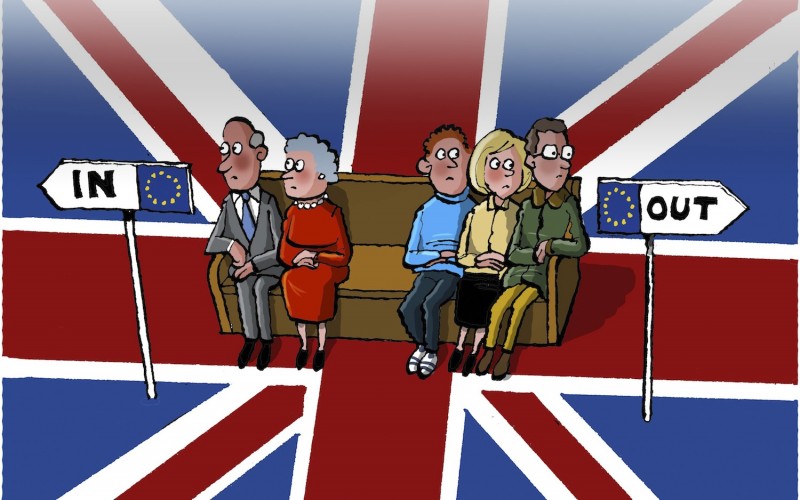Great Britain’s vote to leave the European Union has shocked the world and rocked the stock markets. Any American who has a 401(k) retirement account has felt the ripple effects — which shows that, Brexit or not, the world remains a pretty interconnected place. (Incidentally, is anyone else tired of hearing the word “Brexit”? It’s such a clumsy, awkward construct for a really significant issue.)
 In the wake of the Brexit vote, the Washington Post carried an interesting article questioning whether a popular referendum was the best way to decide whether Great Britain should remain in the EU. The article noted, for example, that some voters regretted their votes as mistakes and that some of the promises made in the weeks leading up to the vote turned out to be false. The Post article has been mocked by some people as suggesting that the Post, and the liberal elites, harbor deep anti-democratic impulses and an innate fear of an active, engaged electorate.
In the wake of the Brexit vote, the Washington Post carried an interesting article questioning whether a popular referendum was the best way to decide whether Great Britain should remain in the EU. The article noted, for example, that some voters regretted their votes as mistakes and that some of the promises made in the weeks leading up to the vote turned out to be false. The Post article has been mocked by some people as suggesting that the Post, and the liberal elites, harbor deep anti-democratic impulses and an innate fear of an active, engaged electorate.
That’s not quite fair. There has long been a vigorous debate about precisely how governments should be structured to allow people to exercise their democratic rights. Those who remember their civics class will remember that the American Constitution was the product of a lively debate in which the Constitution, and the Bill of Rights, were adopted to provide checks on what the will of the majority could inflict on the minority. Determining public policy by popular referendum became commonplace only in the 20th century — and my guess is that, in many states, the shackles and unintended consequences imposed by broad, often poorly worded “propositions” often end up being regretted by many of the voters who supported them in the first place.
This is not to stake out a position on whether the decision to exit the EU was good or bad for Great Britain, only to note that it’s entirely legitimate to question whether a complicated issue, having so many ramifications that can’t be fully captured by electoral sloganeering, is something that should be resolved by a popular referendum. I imagine the American Founding Fathers would have had a very vigorous debate about that question.
